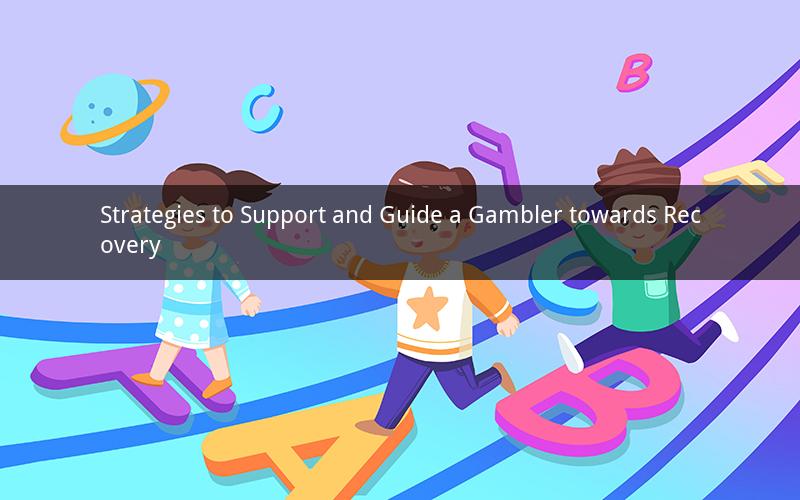
Gambling addiction is a complex issue that affects individuals and their families. If you know someone who is struggling with gambling, it is crucial to provide them with the necessary support and guidance. Here are some effective strategies to help someone who is gambling.
1. Educate Yourself about Gambling Addiction
Understanding the nature of gambling addiction is the first step in offering support. Educate yourself about the signs and symptoms of addiction, as well as the potential consequences. This knowledge will enable you to recognize the problem and approach the situation with empathy and knowledge.
2. Encourage Open Communication
Encourage the individual to express their feelings and concerns about gambling. Create a safe and non-judgmental environment where they feel comfortable sharing their struggles. Listen actively and without interrupting, showing that you genuinely care about their well-being.
3. Offer Empathy and Understanding
Acknowledge the difficulties the person is facing and express empathy. Understand that they may feel ashamed, guilty, or isolated. Let them know that you are there to support them through this challenging time and that they are not alone.
4. Encourage Professional Help
Encourage the individual to seek professional help from a therapist or counselor specializing in gambling addiction. Therapy can provide them with the tools and strategies to overcome their addiction and develop healthier coping mechanisms.
5. Help Them Develop a Support System
Encourage the person to surround themselves with supportive individuals who can offer guidance and encouragement. This may include family members, friends, or support groups dedicated to helping those with gambling addiction.
6. Help Them Create a Financial Plan
Gambling addiction often leads to financial difficulties. Assist the individual in developing a financial plan to address their debts and prevent future financial problems. This may involve seeking the help of a financial advisor or credit counselor.
7. Set Clear Boundaries
Establish clear boundaries to protect the individual from further harm. This may include removing access to gambling websites, limiting their spending, or even blocking them from visiting certain places where they are tempted to gamble.
8. Encourage Engagement in Healthy Activities
Encourage the individual to engage in healthy activities that can serve as alternatives to gambling. This may include hobbies, exercise, or joining social groups. These activities can help them develop a sense of purpose and reduce the urge to gamble.
9. Be Patient and Understanding
Recovery from gambling addiction is a gradual process that requires patience and understanding. Avoid pressuring the individual to quit gambling immediately, as this may lead to relapse. Instead, focus on supporting them through each step of their journey.
10. Maintain Your Own Well-being
Supporting someone with a gambling addiction can be emotionally taxing. It is essential to maintain your own well-being by seeking support from friends, family, or support groups. This will help you stay resilient and continue providing the necessary support to the person in need.
Frequently Asked Questions:
1. Q: How can I help my loved one admit they have a gambling problem?
A: Encourage them to seek professional help and express your willingness to support them throughout the process. Avoid confronting them with accusations or ultimatums, as this may push them further away.
2. Q: What if my loved one refuses to seek help?
A: Continue to offer support and show your concern. If they refuse help, consider seeking guidance from a therapist or counselor to explore ways to address the situation effectively.
3. Q: Can I help my loved one pay off their gambling debts?
A: While it may be tempting to help them pay off their debts, it is crucial to avoid enabling their addiction. Encourage them to seek professional help and develop a financial plan to address their debts responsibly.
4. Q: How can I support my loved one during their recovery journey?
A: Offer emotional support, encourage them to engage in healthy activities, and be patient throughout their recovery process. Attend support groups or counseling sessions with them to provide additional support.
5. Q: What if my loved one relapses after seeking help?
A: Relapse is a common part of the recovery process. Encourage them to learn from the experience and continue seeking support. Remain patient and understanding, as relapse does not signify the end of their journey towards recovery.